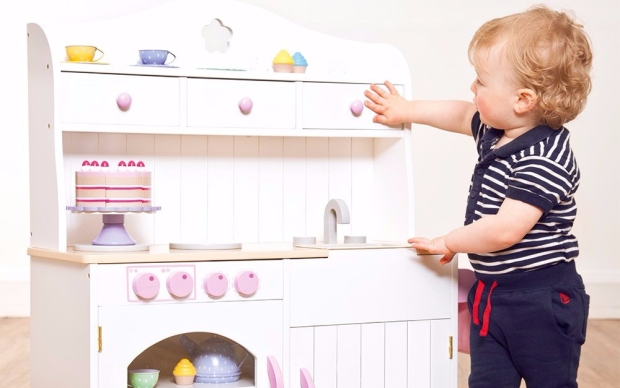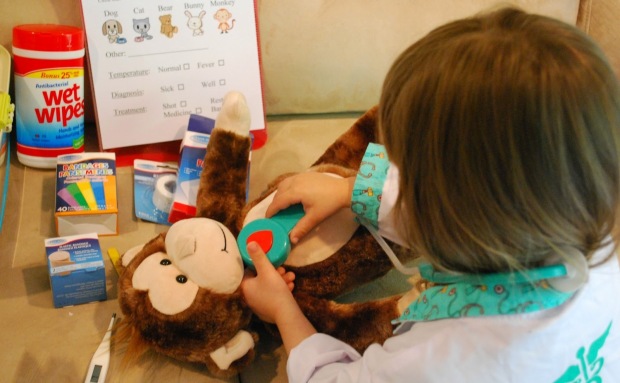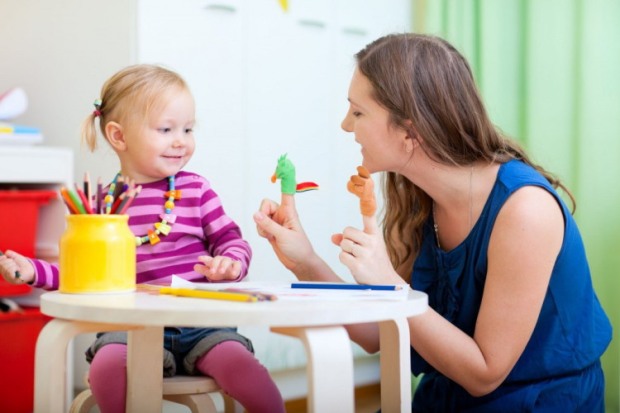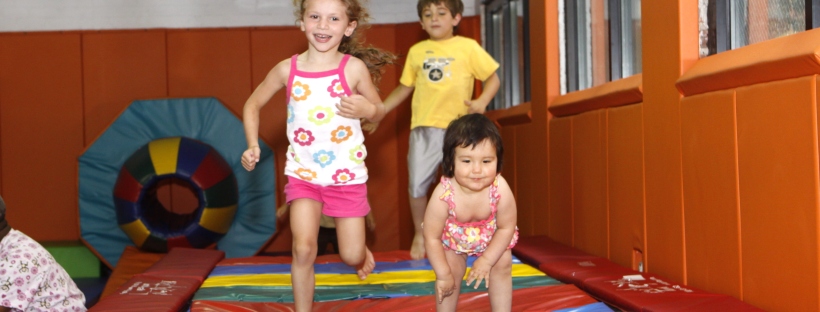Play is the foundation of early childhood development. Whether it’s simply jumping on the bed with a sibling or putting on a costume and imagining he is a spiderman — he’s developing skills. Through dramatic play, he is trying to pretend, imagine and be creative, which aids in learning the cognitive skills.
 In many pieces of research, it is shown that play is one of the most basic ingredients of early education. It helps children to learn efficiently, grow better and develop both physically and cognitively. It is the most fundamental technique for physical, mental, and social development during early education.
In many pieces of research, it is shown that play is one of the most basic ingredients of early education. It helps children to learn efficiently, grow better and develop both physically and cognitively. It is the most fundamental technique for physical, mental, and social development during early education.
Top three benefits of Play during Childhood:
1 . It encourages children to develop speech and language skills, improves listening skills and builds up their confidence level to communicate. It includes self-talk, (e.g. now I am going to bake my cake after putting it in the oven), or playing with a sibling, friend or parents, children communicate, ask questions to add purpose to their play. It also develops their vocabulary and exposes them to a variety of new words every day.

2 . Play fosters cognitive development. Through play, children process the information, learn new skills, try to remember things, involve in problem-solving, engage in decision-making, and construct thought processes. One of the best forms of play to improve cognitive development is “pretend play“. For example, when your child pretends to be a doctor, she will think about her experiences, imagine the scenarios and involve herself in a thinking process. A research study by Bergen, D (2002) supports a strong connection between cognitive ability and high quality pretend play.

3 . Play encourages relationship-building and helps develop social skills. Whilst playing with companions, siblings or parents, children learn how relationship work through different play experiences. Through play, they try to be more social, friendly and cooperative to develop quality friendships. Parallel play, cooperative play, associate play supports relationship building through guided playful activities.

Learning through play is not confined only to these three benefits, there are much more. If you are interested in reading about the developmental benefits of learning through play, please study this article “Learning Through Play” found in “Encyclopedia on early childhood development”.
